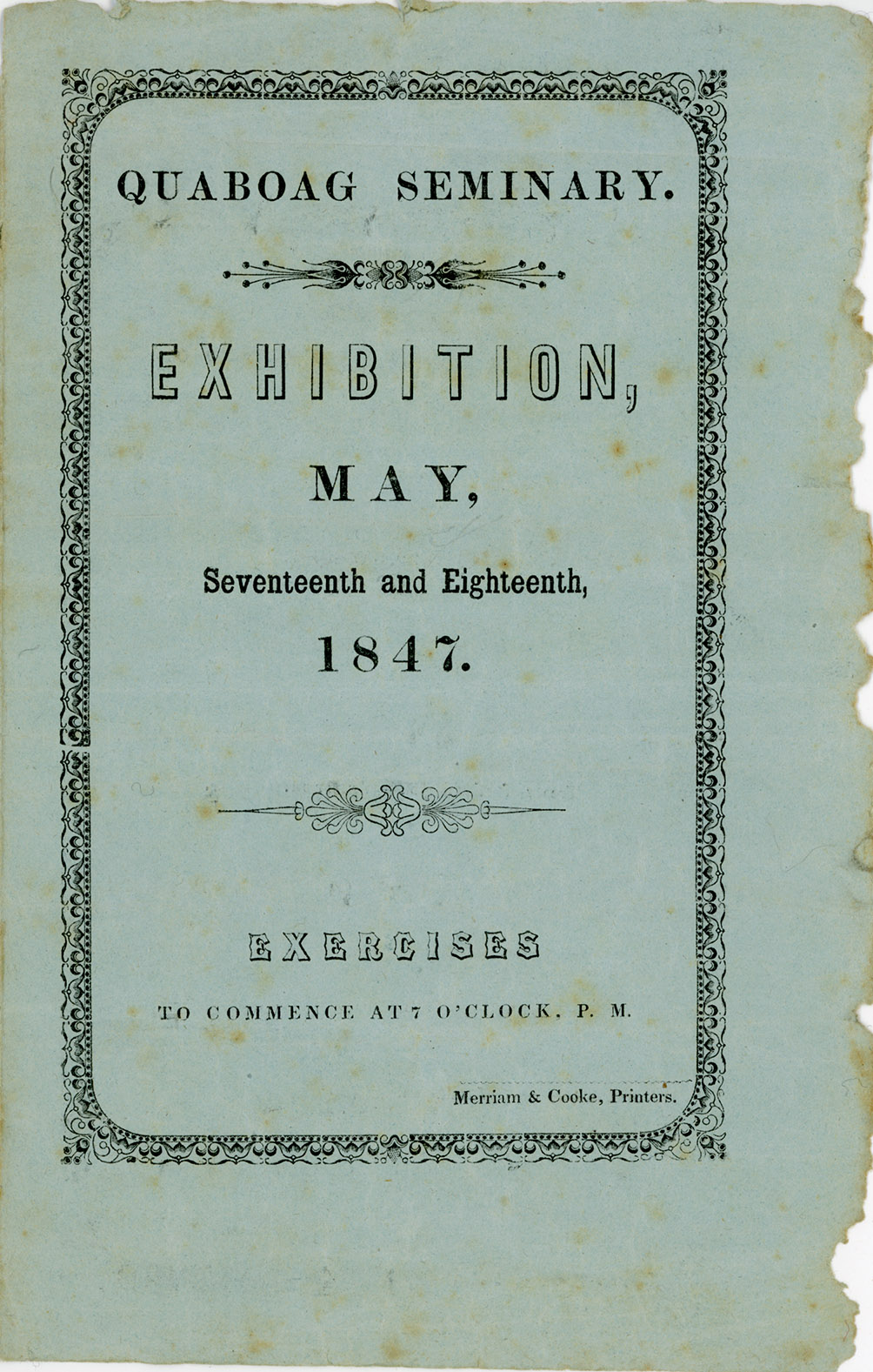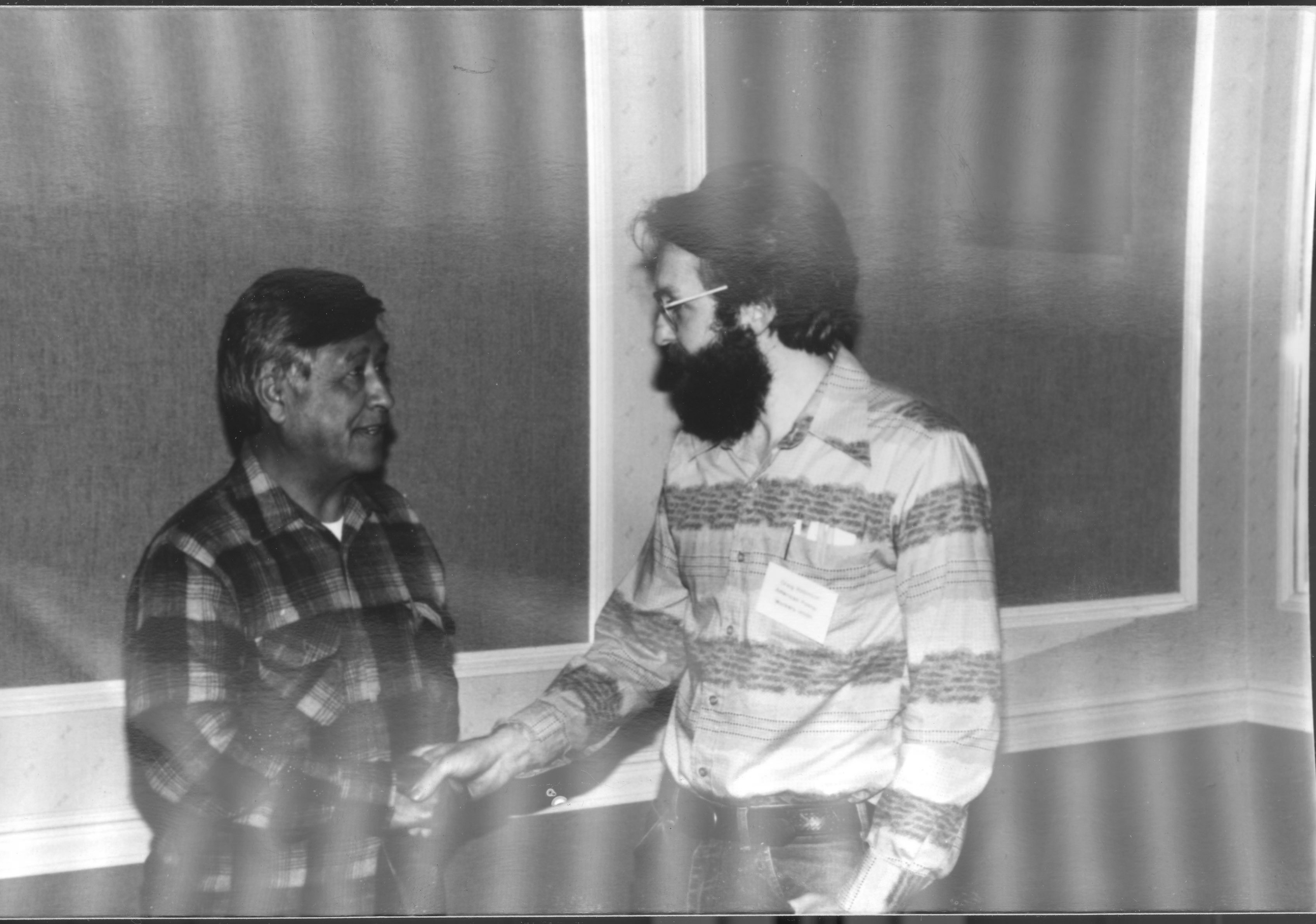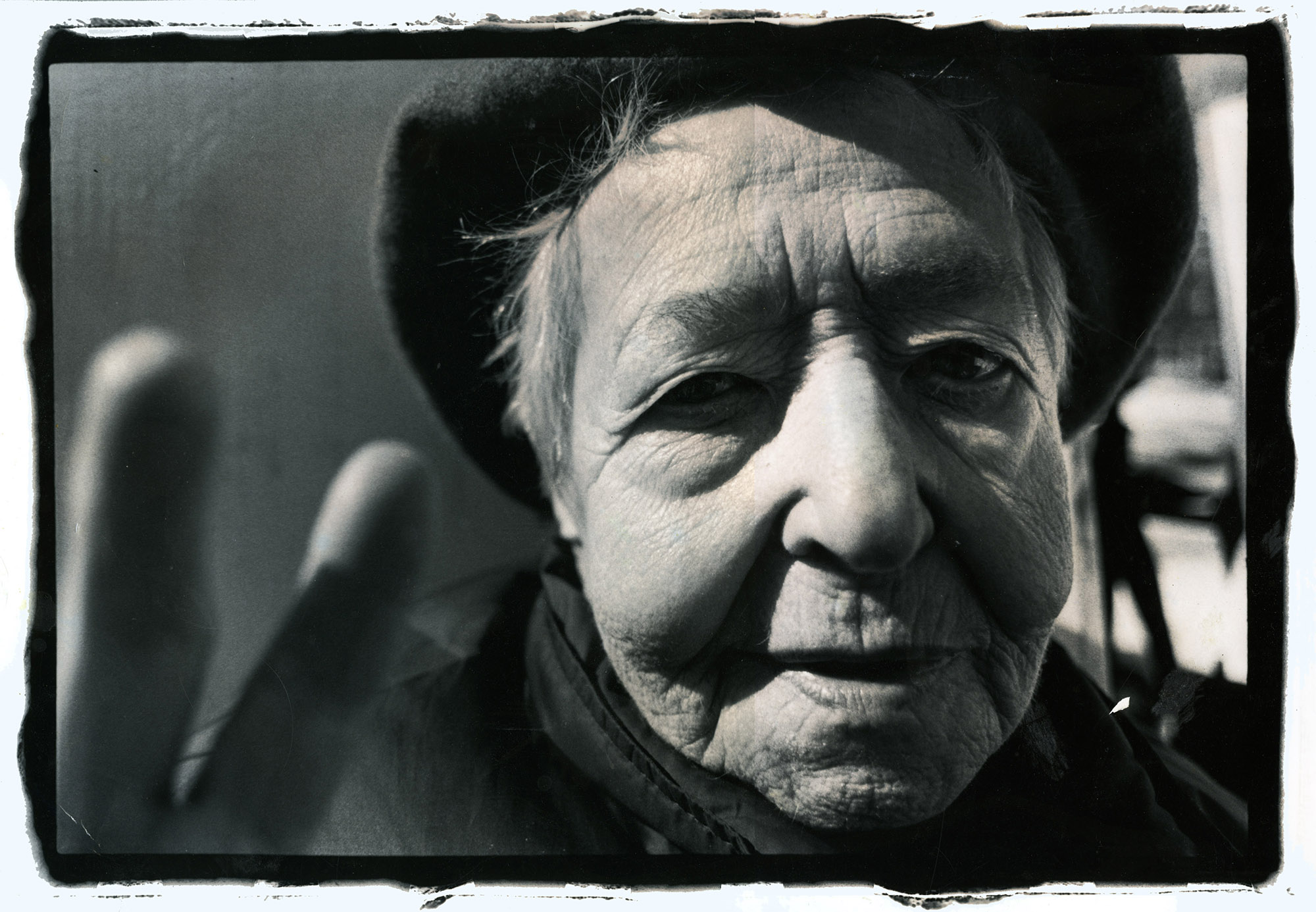Rhode Island Monthly Meeting of Friends (Wilburite) Records
Established within the Wilburite Rhode Island Quarterly Meeting in 1844, the Rhode Island Monthly Meeting (Wilburite) was a small product of the Separation of 1844-1945 within the New England Yearly Meeting of Friends. By 1863, the men’s meeting had declined to such an extent that only a single member remained, and therefore for a year, join meetings were held with the women’s meeting. The meeting was laid down in April 1864, with members transferring to Providence Monthly Meeting (Wilburite), although a handful of members rejected the decision to disband and continued to meet through the end of the year.
This small collection contains a nearly comprehensive minutes for the men’s and women’s meetings of the Rhode Island Monthly Meeting (Wilburite), along with a volume of records of births, marriages, and deaths.




